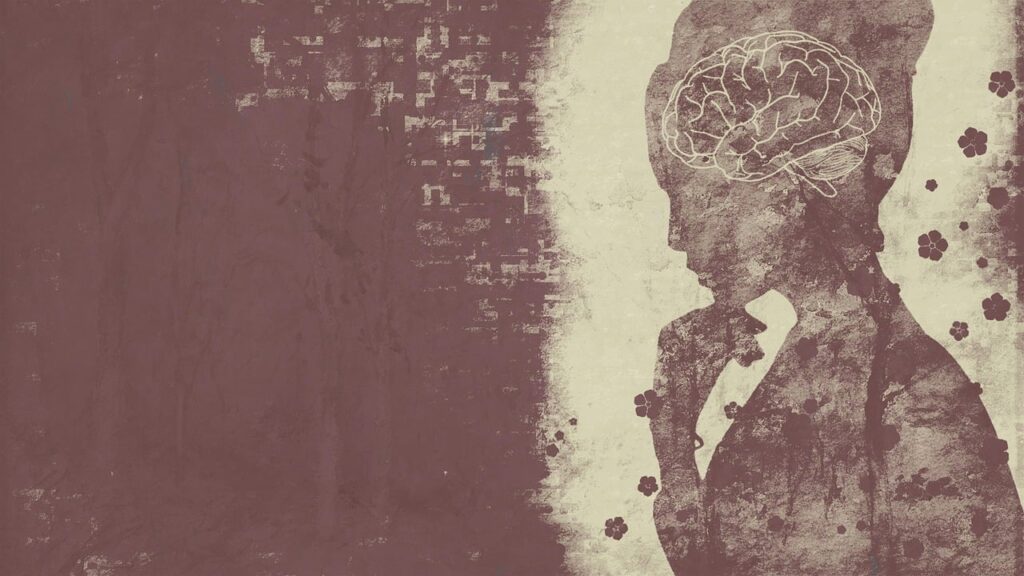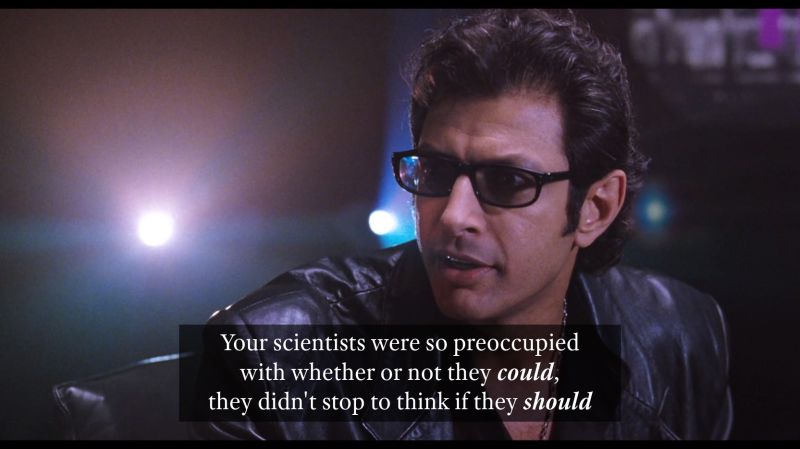I’m writing a book on writing science fiction and it starts here. Each week, you’ll get a new “chapter” on a different aspect of sci-fi storytelling. A table of contents is forthcoming.
Today’s topic: the three most important characteristics of science fiction.
The ‘Big 3’ Characteristics of Science Fiction
Science fiction speculates. It asks what-if questions and invites readers to contemplate future or faraway places. It defies our attempts to confine it.
Even so, it does possess certain characteristics that help us pick it out of a lineup. As a writer of science fiction, you should know what these characteristics and how to wield them.
A fully exhaustive list of sci-fi characteristics would number into the dozens. But if you boil it all down, you’ll find that most science fiction stories share three main traits in common. So let’s talk about how you can build them into your own writing.
Here are three characteristics of sci-fi that set it apart from other genres.
1. It speculates about things that aren’t.
“It is always the art of the possible, never the impossible.” -Ray Bradbury
Science fiction is a form of speculative fiction. These are stories that take place in a world somehow different from the one we live in. Under this speculative umbrella you’ll find sci-fi, fantasy, supernatural, alternate histories and more.
But science fiction involves a specific kind of speculation, one that is grounded in scientific or technological plausibility. It explores concepts that might be true in some other time or place, like a distant planet or the far future. These stories often include futuristic technology, space travel, alien life, and the like.
Sci-fi writers look at things that are and imagines things that are not—but could be.

This is partly what differentiates science fiction from fantasy. Fantasy involves things that could never be, at least not in the world we know. (Think dragons and sorcery.) Science fiction involves places and things that don’t exist now but might be plausible in the future.
Speculation is one of the key characteristics of sci-fi stories. This genre takes an imaginative leap into the unknown, based on what is known. The speculative nature of science fiction attracts readers and writers who like to think beyond our current time and place, people who like to ponder “what-if” questions.
When writing science fiction, you have an opportunity to create a future or distant world that it still recognizable, a world that recognizes and respects the basic “laws” of the universe.
But don’t think that this limits or constrains you. Science fiction gives writers just as much creative latitude as the fantasy genre. But it does so in a more grounded fashion. This is one of the most important characteristics of a good sci-fi story, as well as an identifying feature.
2. It requires science or technology.
“If science fiction is the mythology of modern technology, then its myth is tragic.” -Ursula K. Le Guin
This next characteristic might seem obvious, but we need to explore it all the same.
By their very nature, science fiction stories include scientific and technological concepts. These concepts are fundamental to the story and inseparable from it. They might not be the sole focus of the story (and it’s usually better when they are not), but they have to be present.
Here’s an easy way to think of it:
If the scientific element can be removed from a story—and the story still works—then it’s probably not science fiction. It’s a story that includes but doesn’t need scientific elements.
Let’s use the 1990 sci-fi novel Jurassic Park as an example. In that story, genetic scientists figure out how to resurrect dinosaurs by using a proprietary DNA extraction and cloning process. (Remember the prehistoric mosquito preserved in amber?)
Cloning and DNA make up the scientific bones of that story. If you were to remove them, the story would no longer work. There would be no modern-day dinosaurs, no ill-advised theme park, and no harrowing survival scenarios.
As a story, Jurassic Park “works” because of the plausible scientific components explained in the beginning and carried throughout. That’s what makes it science fiction. (Though it could also be labeled as sci-fi horror, given the scary creatures and body count).
Here are some other well-known sci-fi stories, and the science or technology that made them possible:
- Frankenstein: electrophysiology and galvanism
- Interstellar: wormholes and black holes
- The Matrix: artificial intelligence and simulated reality
If you removed the main scientific component from any one of these stories, the story itself would collapse. This is one of the primary characteristics of science fiction.
Of course, there’s a human side to this as well. While sci-fi stories might explore advanced science and technology, they should do more than just that. They need to show how these elements affect the human (or alien) characters at the heart of the story, to help readers relate.
3. It warns (but doesn’t preach) about consequences.
“Every science fiction movie I have ever seen, any one that’s worth its weight in celluloid, warns us about things that ultimately come true.” -Steven Spielberg
Science fiction invites us to consider the consequences of our actions, within the context of scientific or technological development. But it does this by showing, not by preaching.

We can find examples of this in some of the works cited earlier, and countless others. What would happen if we did clone dinosaurs, or create a superintelligent AI, or use time travel to monkey with the past? What kinds of consequences would we encounter? And how would those consequences affect the human race, or civilization, or the planet at large?
You’ve heard the phrase “you reap what you sow.” It means that we eventually have to face up to the consequences of our collective actions. Science fiction shows us what we might reap in the future, based on the seeds we sow in the present.
How to Apply This to Your Own Writing
These aren’t the only characteristics or traits found in science fiction—just the most important ones. These are the characteristics that make sci-fi unique from other genres of fiction. They make sci-fi identifiable.
So, how so you apply these principles to your own writing?
Here are some tips and strategies to consider:
- When planning your story, start by asking some what-if questions. This is the root of all speculation. Explore these questions within your story, and know that they might not have a clear answer.
- Make sure the speculative elements in your story are grounded in science. They might exist far in the future or on another world, but they should at least be plausible. Balancing imagination with reality will make your story more engrossing and prevent you from swerving into the fantasy lane.
- Do your research, but don’t get lost in it. Sci-fi writers often have to research subject matter they’re not familiar with. It goes with the territory. (I once spent several hours researching the different materials that might one day be used to create the eyes of a synthetic android, because the book I was writing required it.) But remember, you only need to know as much science as your story requires.
- Keep it human. Your story might incorporate highly advanced technology or complex scientific concepts. But don’t forget that it’s really about people and how they are affected by these things.
- Show, don’t preach. Let the story’s events and characters reveal your message or warning, rather than explaining it directly.
When you set out to write a sci-fi story or novel, think about the common characteristics of the genre and how you might employ them to tell a great story.
Have suggestions? If you’re an aspiring science fiction writer, and you have questions about the craft, I would love to hear from you. What kinds of topics should a science fiction writing guide include? How could I make it more useful? Drop a comment to let me know!
